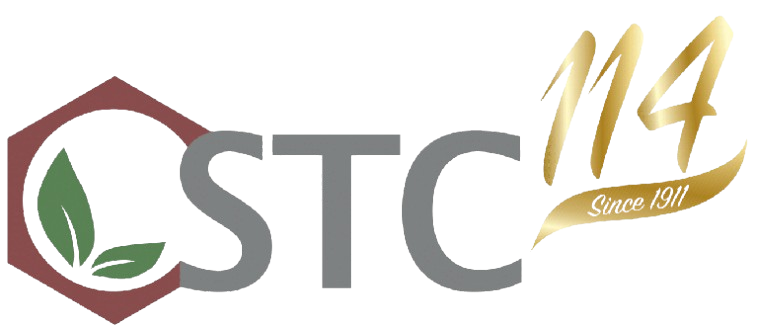
Certification is a continuous process, monitored and implemented by the control body, in close cooperation with both the service provider - the operator - and other public authorities.
Operators are most likely to become involved in the certification process during the summer, when the busy season is in full swing and the annual scheduled inspections are carried out. They start from 25 May - after the current area applications have been submitted to the Rural Support Service (LAD) - and continue until 30 September. The information obtained during the checks and the non-compliances detected are compiled and submitted to the LAD for processing, which must be completed by 1 October. The discrepancies detected are also sent to the Food and Veterinary Service (FVS). In the case of vegetatively propagated seed, information on the status of the fields is forwarded to the State Plant Protection Service. These data are produced for enterprises registered as seed producers.
One of the most common non-compliances is the purchase of non-organic resources without prior authorisation. Such authorisations are required for the purchase of both non-organic seed material and non-organic animals. For seed material, authorisations are either granted individually or laid down in a General Authorisation. In the case of purchases of seed of species covered by a General Permit (e.g. grass seed mixtures), it is compulsory to register the purchase in the register of the State Plant Protection Service (SPPS).
The authorisation for the purchase of a non-organic animal must be completed before the purchase of the animal takes place. It is valid for one year from the date of issue, allowing you to plan your animal purchase well in advance. Information on organic animals available on the market can be found in the advertisements section of the Agricultural Data Centre (LDC).
Verification of the origin of organic products is just as important as the other control stages. Anyone planning to buy an organic product should check that it meets the requirements before buying it. Certificates are currently issued through the TRACES system, where it is possible to check both the presence of products and their status. The system classifies products as organic, transitional or non-organic. If the same product is produced in both organic and transitional areas, it is listed as transitional on the certificate. However, products from areas where the transition period has just started are not yet included in the certificate.
Another common non-compliance is the lack of a well-developed Precautionary Plan. We have observed that too little attention is still paid to potential sources of contamination of products, resulting in a lack of clearly defined measures to mitigate or eliminate these risks. We have previously stressed the need for buffer strips and protective planting. We would also like to remind you that cleaning and drying of grain may only be carried out in establishments that are subject to the supervision of control bodies, otherwise the product loses its organic status.
Equally important is the proper registration of economic activities, both in terms of maintaining the "Rural History" and keeping records of economic transactions in the accounting system and the documents supporting the transactions. Registration must be carried out both on paper and electronically. On farms where animals are kept, their health must be carefully monitored throughout the year. If medication has been used, its use must be recorded in the 'Veterinary logbook'. It should be noted that the waiting period after the medicines have been marketed is twice as long as indicated on the packaging.
At the end of the active season, the information gathered is compiled and the risks to the farms are assessed, on the basis of which out-of-round inspections are planned. These checks focus on previously detected non-compliances, as well as on the quantity of production, its storage and segregation, and the conditions under which animals are kept.

To provide you with the best experience, we use technologies such as cookies to store and/or access device information. Consenting to these technologies will allow us to process data such as browsing behaviour or unique IDs on this site. Not consenting or withdrawing consent may adversely affect certain features and functionality.